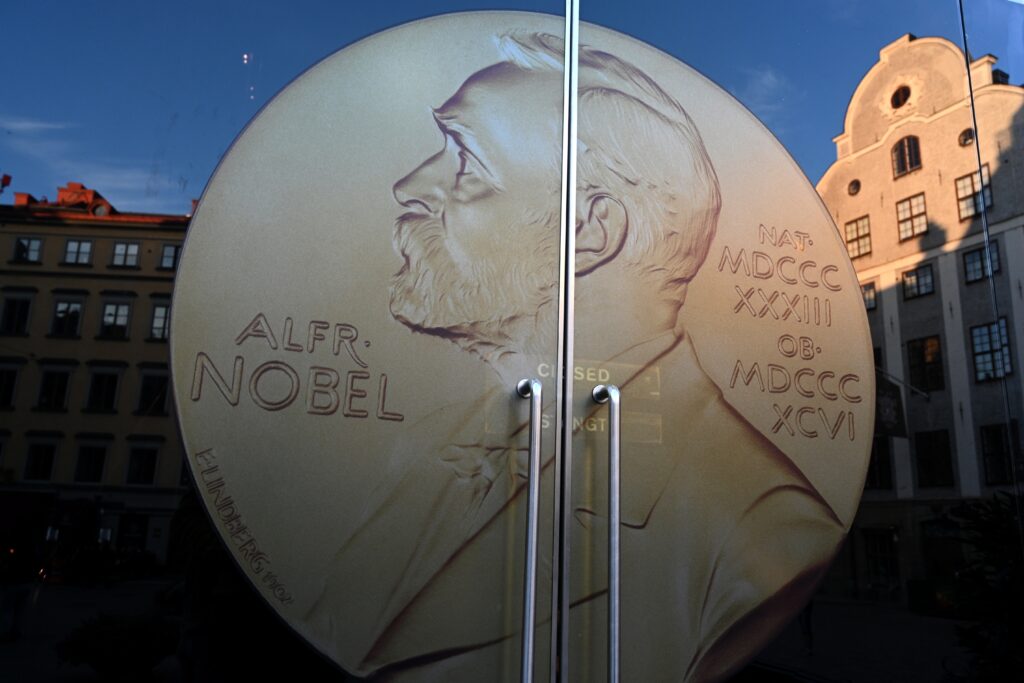Three scientists have won the 2025 Nobel Prize in Medicine for explaining how the immune system avoids attacking the body.
Mary E. Brunkow, Fred Ramsdell, and Shimon Sakaguchi were recognized “for their discoveries concerning peripheral immune tolerance.”
The Nobel Assembly in Stockholm announced the award, worth 11 million Swedish kronor. “We reached only Sakaguchi,” said Prof Thomas Perlmann.
Their work uncovered how special immune cells, known as regulatory T-cells, prevent autoimmune diseases.
“These cells are the brakes of the immune system,” said Prof Adrian Liston of the University of Cambridge.
Sakaguchi first discovered that certain T-cells carrying a protein called CD25 suppress harmful immune reactions.
Brunkow and Ramsdell later found that a gene named FoxP3 is crucial for developing these regulatory T-cells.
Mice with a mutation in FoxP3 developed severe autoimmunity, and children with similar mutations suffered from Ipex syndrome.
“Regulatory T-cells keep most of us from having autoimmunity and allergy,” Liston explained. “They’re vital for balance.”
The findings have inspired new medical treatments. “Clinical trials aim to boost T-cells after organ transplants or in autoimmune disease,” said Prof Marie Wahren-Herlenius.
For cancer, the opposite applies. “We target regulatory T-cells so the immune system can attack tumors,” she added.
Experts hailed the award as overdue. “It’s a landmark discovery,” said Prof Danny Altmann. “But there’s still much to learn.”

